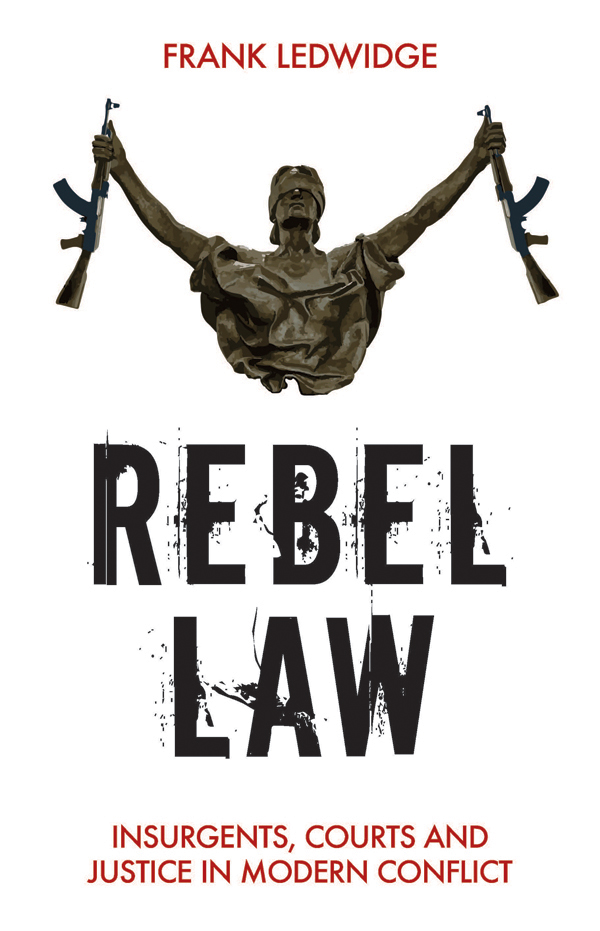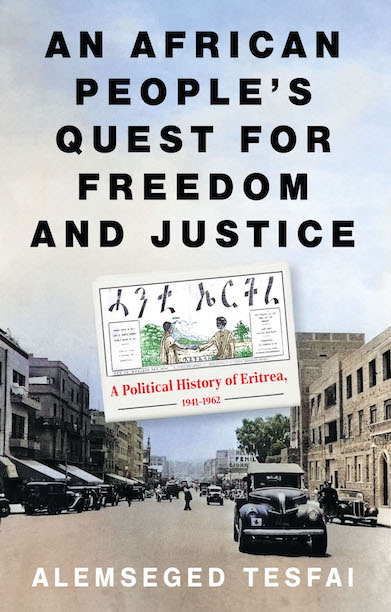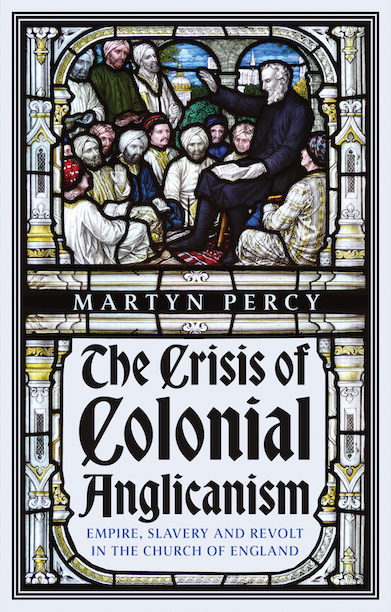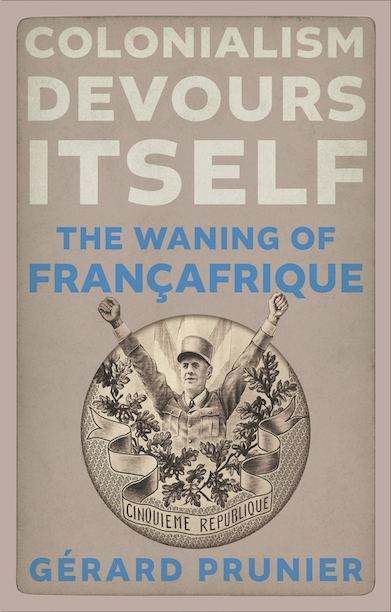Rebel Law
Insurgents, Courts and Justice in Modern Conflict
A revealing and unique account of how courts and judgments are used to gain and retain control in insurgencies.
Description
This indispensable book explains how courts are now part of the broader battlefield, deployed by both insurgents and state forces in a world convulsed by unconventional warfare.
In most societies, courts are where the rubber of government meets the road of the people. If a state cannot settle disputes and enforce its decisions, to all intents and purposes it is no longer in charge. This is why successful rebels put courts and justice at the top of their agendas. Rebel Law explores this key weapon in the arsenal of insurgent groups, from the IRA’s ‘Republican Tribunals’ of the 1920s to Islamic State’s ‘Caliphate of Law’, via the ALN in Algeria of the ‘50s and 60s and the Afghan Taliban of recent years.
Frank Ledwidge delineates the battle in such ungoverned spaces between counterinsurgents seeking to retain the initiative and the insurgent courts undermining them. Contrasting colonial judicial strategy with the chaos of stabilisation operations in Iraq and Afghanistan, he offers compelling lessons for today’s conflicts.
Reviews
‘This erudite yet very readable book will introduce many readers to the concept of “lawfare” and how it has been waged around the globe.’ —The Irish Times
‘Rebel Law: Insurgents, Courts and Justice in Modern Conflict … is an intriguing, engaging and comprehensive account that is particularly compelling when discussing insurgent justice in the Muslim world, … valuably diverging from the tendency to read such phenomena solely through the prism of extremism… Ledwidge’s approach to insurgent justice in the Muslim world is compelling: he brings a much-needed comparative perspective that serves as an antidote to the tendency to read such phenomena only through the lens of extremist ideology.’ — LSE Review of Books
‘As a former justice advisor for the UK military mission in Afghanistan, Ledwidge brings a uniquely well-informed perspective to the issues of using legal processes to achieve military objectives by both insurgents and counterinsurgents at the operational and tactical level. He argues that the ability of insurgents to offer “fair” judicial process — particularly dispute resolution — has proved critical to successful state-building by insurgent groups. On the flipside, Ledwidge contends that counterinsurgency strategy must employ “legal pluralism” to develop an effective judicial strategy. Cogently written and forcefully argued, Rebel Law will be of interest to military professionals, legal scholars and policy makers alike.’ — Montgomery McFate, Professor at the US Naval War College in Newport, Rhode Island, and author of Military Anthropology: Soldiers, Scholars and Subjects at the Margins of Empire
‘Frank Ledwidge builds a compelling case for the monopoly of justice in determining the outcome of insurgencies. Drawing upon years of experience and scholarship, Ledwidge convincingly argues that nowhere is the contest for control of a population, the delicate interplay between consent and coercion, expressed with greater impact than in the competing legal systems offered by insurgent and counter-insurgent.’ — Edward Burke, Lecturer in Strategic Studies, The University of Portsmouth, Royal Air Force College Cranwell
‘This book is an essential resource for scholars and practitioners concerned with the operation of legal systems during and after conflict. Frank Ledwidge offers a unique perspective on the complex interactions between state and insurgent judiciaries that is informed by years of fieldwork and service as a justice advisor in warscapes including Afghanistan, Iraq, and Libya.’ — Mara Revkin, Department of Political Science, Yale University
‘In the literature on counterinsurgency no concepts are more frequently invoked or more poorly understood than legitimacy, justice, and law. Insurgencies win by out-governing the status quo power and the primary thrust of their strategy is nearly always the provision of alternative justice to populations hungry for better law. Frank Ledwidge’s brilliant book plugs the gap in the literature commendably. It is indispensable reading.’ — David Betz, Professor of War in the Modern World, Department of War Studies, King’s College London
‘A ground-breaking picture of the role of law in (particularly, irregular) warfare: so-called lawfare. This highly readable study opens up a new vista in counterinsurgency and underlines the centrality therein of properly-delivered, culturally-specific justice. A fascinating tour de force that demands to be read by politicians and generals alike.’ — Mike Martin, author of An Intimate War: An Oral History of the Helmand Conflict
‘This study offers important insights into why Western assumptions about what constitute the bases for stable government are often not relevant for other areas of the world.’ — Robert A. Heineman, Emeritus Professor of Political Sciences, Alfred University, CHOICE
Author(s)
Frank Ledwidge is a former barrister and military intelligence officer who served in Iraq, Afghanistan and Libya. His books include Losing Small Wars: British Military Failure in Iraq and Afghanistan (2011) and Investment in Blood: The True Cost of Britain's Afghan War (2013).






